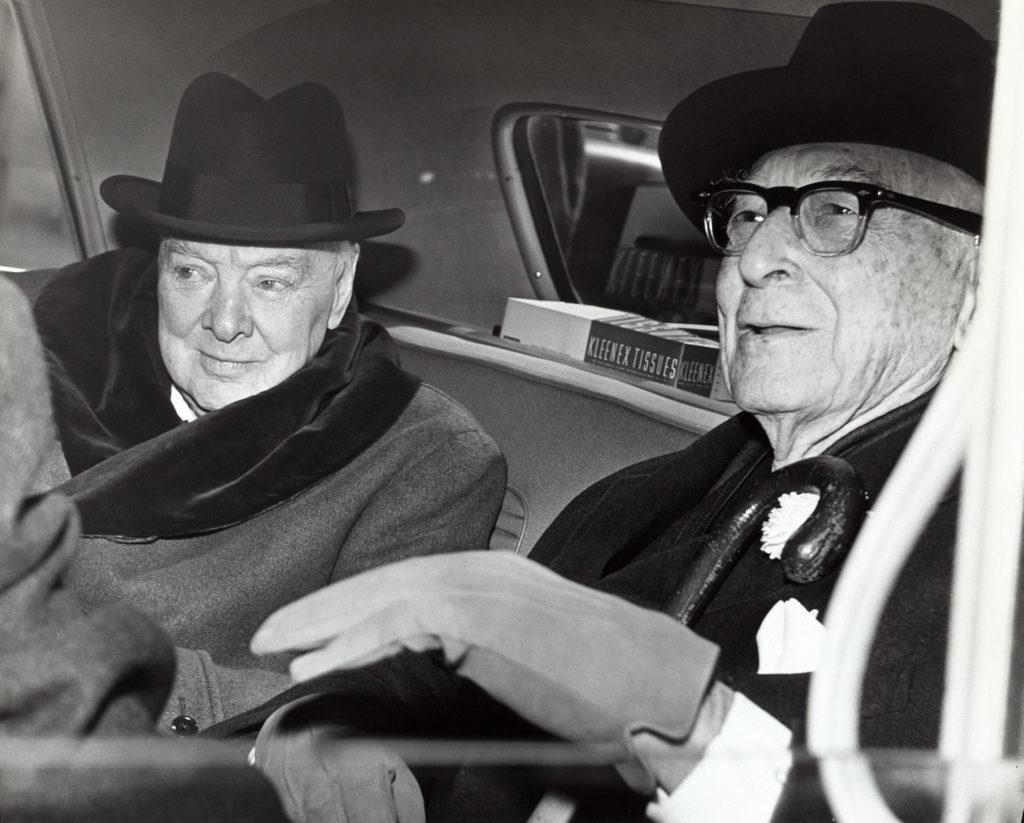The story of Winston Churchill’s heroic role in saving Britain and the Western democracies as we know them is an oft and well told story. What is less well known is the dark interim of his life between the World Wars. These years are often called his “wilderness years” because they were, for him, largely a time of political irrelevance and when most regarded him as a man in the twilight of his career. And it well might have been were it not for an act of extraordinary grace that saved him in 1929, and thus preserved him for the great feats that yet lay ahead of him.
In that year, Churchill, on tour in the United States, visited his friend, the wealthy financier, Bernard Baruch, at his New York office. While there Churchill decided to play the stock market. Biographer William Manchester says of Churchill that if some men are born gamblers, “Winston was a born losing gambler.” He writes:

“… as prices tumbled [Churchill] plunged deeper and deeper, trying to outguess the stock exchange just as he had tried to outguess roulette wheels on the Riviera. In Wall Street, as in Monte Carlo, he failed. At the end of the day he confronted Baruch in tears. He was, he said, a ruined man. Chartwell [i.e., the family estate] and everything else he possessed must be sold; he would have to leave the House of Commons and enter business.”
Baruch was unmoved. Did he not understand what Winston had just told him? Did he not grasp the grim reality? But Baruch understood very well. Moreover, while he admired his friend’s great gifts, he well knew his penchant for just this sort of failure. Baruch finally broke in and corrected Churchill. The man, he said, had lost nothing. Churchill was aghast. How could this be? The answer was simple. Baruch, seeing that Churchill was going to play the market, had left the following instructions with his office: “Buy every time Churchill sells, and sell whenever Churchill buys.”
But Baruch understood very well. Moreover, while he admired his friend’s great gifts, he well knew his penchant for just this sort of failure.
Bernard Baruch had restored his friend, Winston Churchill, in full. He had even paid the commissions on his behalf. Today, this act of generosity seems obvious. I mean, it’s Winston Churchill, the great statesman. At the time, however, there was no hint of reward, of Churchill’s future promise, or of the story ever being told. There is no indication that Baruch expressed anger or frustration or that he ever insisted on being paid back.
So, it is with our God. We are like a people who run-up debts all over town, and he goes behind us and quietly pays them off, giving us a future and a hope. This is not because he needs us any more than Baruch needed Churchill; it is because he loves us and wants to use us.
We are, after all, his children.


